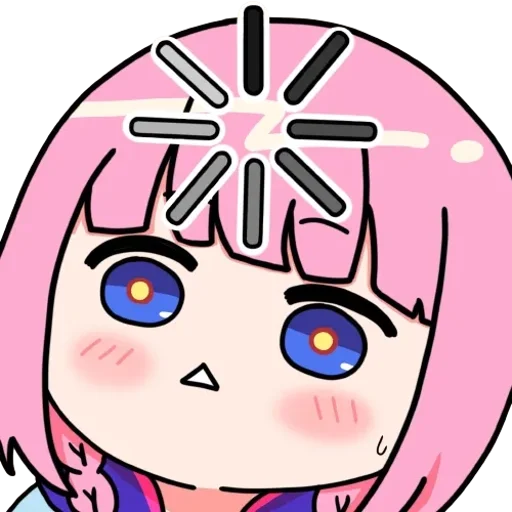I have the Miyoo Mini+. I originally used MinUI and it saved games like a normal GBA and loaded the game to the menu everytime I started it, again like a standard GBA worked. I switched to OnionOS to have a nicer interface with boxart and now it only uses save states and auto starts from said state when opening a game. Not an authentic experience.
I have learned there’s a difference between game saves and save states but don’t know how to switch my handheld to use only game saves. Is it based on the core used maybe? Can anyone help me out?
“Game Saves” depend on the core being used, because some consoles attach pseudo devices as memory cards, while others like NES emulate the storage cart in the game cartridge. All of these use files on the emulator filesystem to store the actual saves, but use the game code to save data as the game is designed to do, and will show as saves in the game. Each core will have its own docs on how this works.
“Save States” are a point in time dump of the game state that sort of replays data where it was saved from. Like pausing music or a video. these are also dumped to files, but loaded differently, and will not show as saves in game menus.
Okay so they are core related. I’ll have to take a look at which core I’m using and maybe change it up. Thank you!
I really dislike save states as it takes away from how the game is designed to be played and removes the nostalgia of booting a system everytime I want to play. I also setup a handheld for a friend’s kids and couldn’t change it which I felt was really taking away the experience for them
A core is just a fancy name for an emulator, like an “app” or “application” is for “program”. And a save state is a full dump of a given program’s memory and that can be reloaded later. A game save is, to my knowledge, a checklist for the game to load onto memory.
Save states are good if you can’t rely on game saves, like if your device has low battery and you’re far from any save spots, if you’re in the middle of a very hard section, etc.
Meanwhile, as memory is physically located in a given device, it can be found in a different place if you use another update of the program, another installation, another OS, and perhaps even another hardware. And if a piece of memory isn’t where the program expects it to, the program won’t load at best.Also, though rarer nowadays, some older games had bonuses if you had the game saves, the sole save format back then, of others (usually previous) games from the franchise. Naruto Ultimate Ninja 5 and Dragon Ball Budokai Tenkaichi 2, for example and if memory doesn’t fail me, gave you money if they detected saves from, respectively, Ultimate Ninja 4 and Budokai Tenkaichi, while Persona 3 FES allows you to carry over the compendium of Persona 3 saves and Final Fantasy X can bring over from other saves of the same game items needed to understand the language of a group in the story.
Thank you, that makes sense. I can see the benefit of a save state if you’re low on time and can’t make it to a save location, otherwise I fell that it takes away from how the game is meant to be played. Also I miss booting the system everytime, it takes away the nostalgia.
Apps -> RetroArch -> Settings -> Saving: disableLoad State Automatically. You can also disableAuto Save Statebut it’s unnecessary.You may also want to change
Apps -> Tweaks -> System -> Startup -> Auto-resume last game.That worked! Thanks a bunch!



